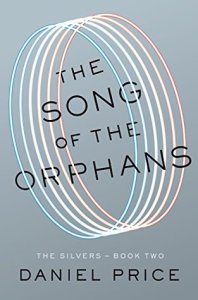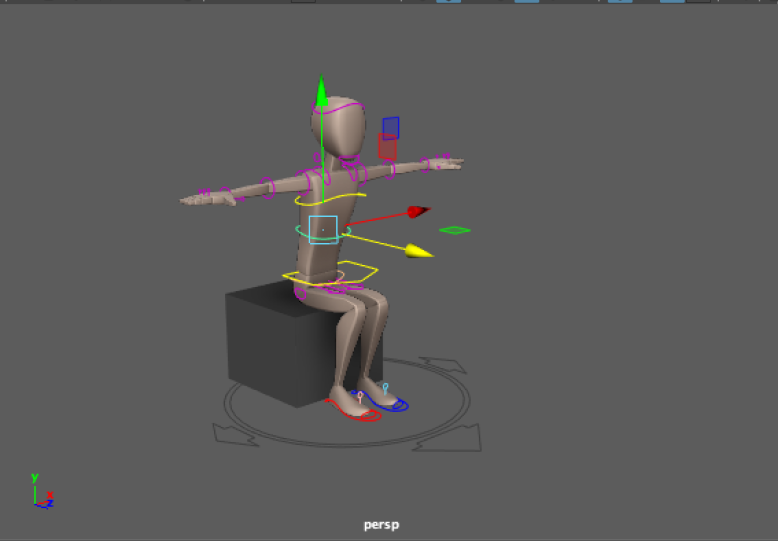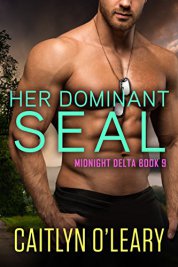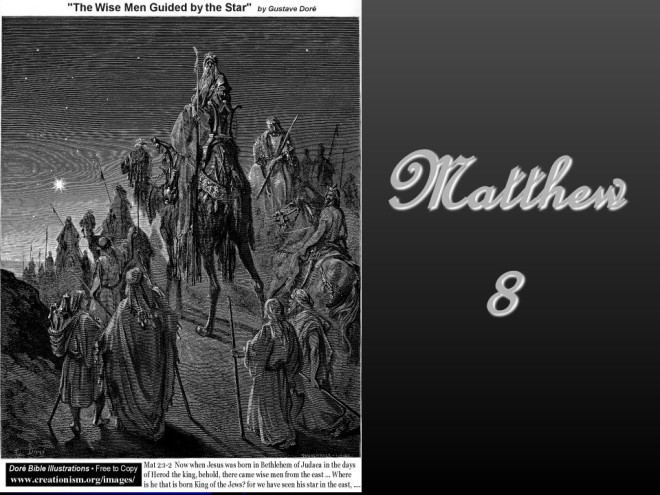
This Saturday I’ll be chairing my very first crime fiction panel as part of the fantastic new Noireland crime fiction festival in the Europa Hotel. I’ll be chatting about identity and all things crime-related with Stella Duffy, Adrian McGinty, Abir Mukherjee and Louise Welsh. I’m biased but I think it’s going to be one of the best bookish conversations of, what already looks like, a fantastic literary festival. If you don’t have a ticket yet you should probably think about acquiring one quickly. For the last month or so I’ve been preparing for this panel, reading pretty much nothing but crime fiction. It’s been a bit of a mind switch for me, adjusting from the literary fiction and essays I usually devour, to a very different kind of writing, but I have to say I’ve enjoyed the experience immensely.
I’d forgotten how much I loved crime fiction. As a young reader, having exhausted the children and young adult’s section of Ballymena library, I devoured Sherlock Holmes, then swiftly moved on to Ruth Rendell, Colin Dexter and a lifelong infatuation with Agatha Christie. In the last few years I’ve neglected my first love, only very occasionally dipping into the crime fiction genre to read the odd piece of crime fiction which kind of also sits in the ordinary fiction camp, (Emma Healey’s Elizabeth is Missing, and Graeme Macrae Burnet’s excellent, His Bloody Project).
I’m grateful to David and the team at No Alibis, for forcing me back to the crime fiction section. I’ve been guilty of a certain amount of snobbishness when it comes to this genre. Yes, it’s fair to say there’s a decent amount of terrible crime fiction in circulation, but in all honesty, there’s also a fair amount of shite out there trying to pass itself off as literary fiction. In the name of research I’ve read about ten crime fiction novels in the last few weeks, (I’ve also watched four episodes of Poirot, an episode of Shetland and that Jo Nesbo film about the snowman serial killer, but that was mostly for fun), and while I wouldn’t say I’m quite ready to pick up my pen and write something murderous, I am definitely impressed by the quality of what I’ve read. I will read more crime fiction in the future. I will repent, for judging an entire genre, on the back of a few ropey experiences and one too many episodes of Midsomer Murders. Here are a few things I learnt during my brief foray into the world of crime.
Do not judge a crime fiction novel by it’s cover. Much like poetry collections, a crime novel with a terrible cover, (blood-dripping knives, murderous silhouettes, early 90s fonts and high-gloss paper), will sometimes, despite its own attempts to scupper itself, contain really good writing.
Similarly, do not judge a crime fiction novel by its title. There’s nothing a crime fiction writer likes more than a bit of pun-based wordery when coming up with a killer book name. If Books Could Kills. Dead and Breakfast. Some Like It Shot. (Copyright me). If only it was possible to cross a crime fiction writer with a hairdresser, the pun potential would go through the roof. Curl up and Die would only be the beginning of it.
Crime fiction novels are all enormous. I know. I hauled eight of them round America for two weeks. As you all know I like to rate literary genres according to good value for money, (I am from Ballymena after all), and therefore, feel compelled to point out that for the same price, (often less) than a poetry collection, (average size 80 pages), you can acquire 400 pages of crime fiction. This means that crime fiction is five times better value than poetry. Not saying you shouldn’t read poetry. Just saying you get more words for your buck with a crime novel. More bangs too.
It is perfectly acceptable to be an upstanding member of the community and still read hideously violent crime novels in public settings. Whilst I was subject to really weird/creepy/judgmental looks when reading Bukowski, openly on the bus, I have seen many very ordinary looking elderly men and women, devouring books which I now know to be full of violence, and filth, and violent filth, in coffee shops and on the train. They don’t even look mortified when I catch their eye. I am not sure what this means. I intend to investigate further.
Val McDermid is to crime fiction what Joseph O’Connor is to Irish literary fiction. Her name has appeared on the back of all but one of the books I’ve read in the last few months. She seems to be endorsing approximately five crime novels per hour. I love Val McDermid. I once heard her say she’d run out of historical Scottish buildings to murder people in. I am perfectly happy to believe she is both prolific and omnipresent, like God or the tooth fairy.
Crime fiction isn’t all about mysteries and murders. Turns out there are about a million different genres of crime fiction. Some of them don’t even contain a corpse though I have to say I prefer the ones where people actually get murdered in a cryptic and somewhat ingenious -but not overly violent- way. I also like it when the crime is completely solved by the end of the book and the bad guys are brought to full justice. (Did I mention, I don’t like it when things get overly violent?) I do not know the name for this genre. I suspect it might just be Agatha Christie.
There is no such thing as an unflawed detective. Dodgy detectives are what keep plot lines interesting. There’s an almost infinite number of ways to scupper a good detective – alcoholism, anger management issues, old war injuries, sex-addiction, bad haircuts, a tendency to sleep through the morning alarm- any, or all, can be employed to remind the reader that the detective is fighting an ongoing battle against both crime, and his, or indeed her, own inner demons. I keep wondering what an unflawed detective would look like. Maybe the crimes would get solved quicker. This would probably make the books shorter, which would not be quite as good value for money. Down with that kind of thing.
Booking information and full programme for Noireland is available here
Advertisements
Share this:
Like this:Like Loading...
Related






